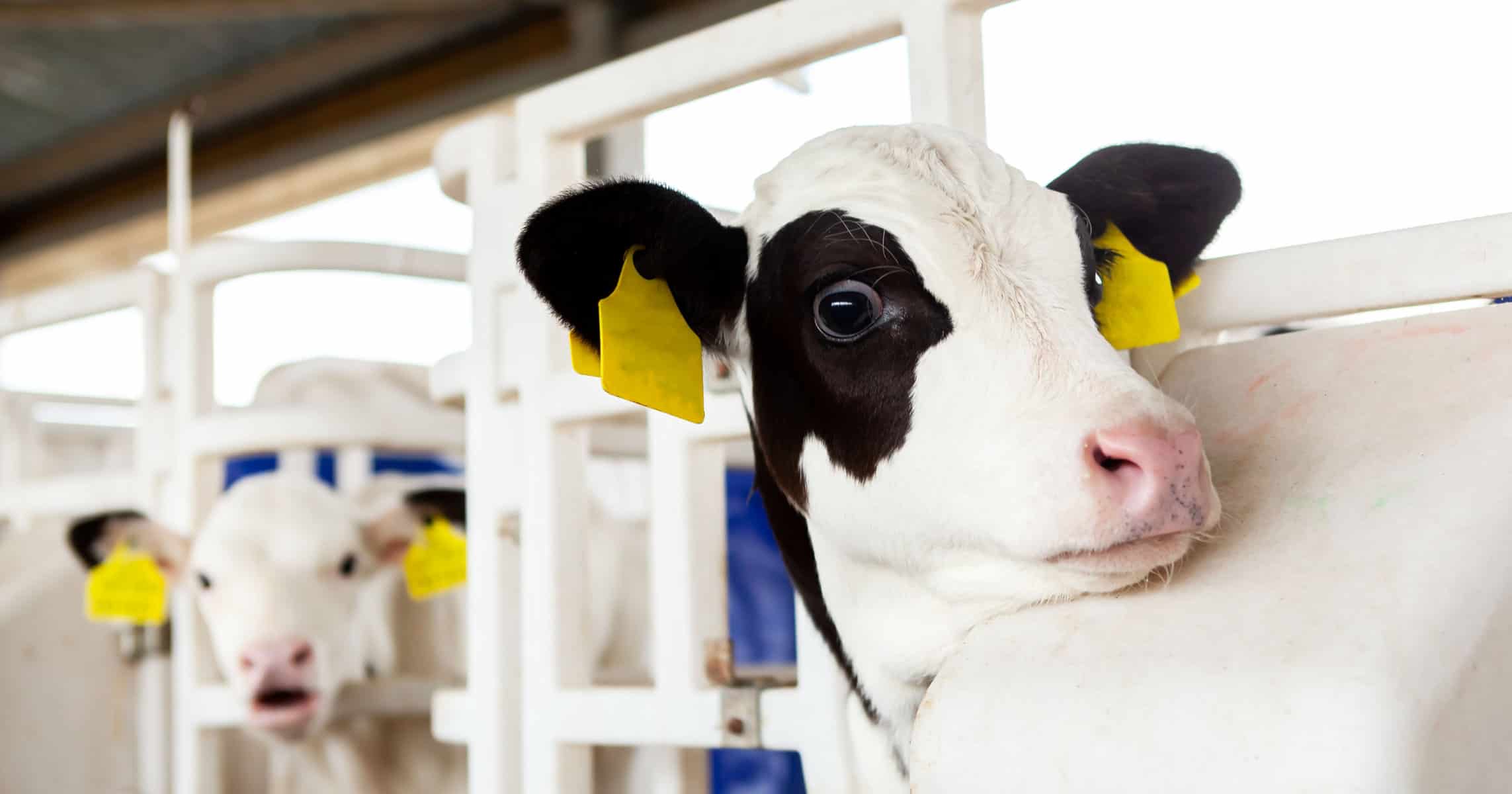Over 100 organizations and academics have urged the FAO to retract its Pathways Towards Lower Emissions report due to serious methodological errors that downplay the impact of reducing meat and dairy consumption on overall food emissions.
The report, which was published at COP28 in December, claims that shifting to diets lower in meat and dairy has limited potential to reduce emissions. Instead, it advocates methods such as the intensification of livestock production, based largely on two papers co-authored by academics Dr Paul Behrens and Dr Matthew Hayek.
“People will ask whether FAO staff have been incompetent, or whether this indicates systematic bias against dietary change”
However, Behrens and Hayek wrote to the FAO in April to express their dismay over the report, which “seriously distorts” their research. They say that due to errors made by the authors, the report “systematically underestimates” the emissions reduction potential of diets lower in animal products; consequently, they are calling for it to be retracted and reissued using more appropriate sources and methods.
The errors in the report include double counting meat emissions to 2050, mixing baseline years, and including emissions from plant-based foods that are unrelated to substituting meat and dairy. Additionally, the FAO relies on outdated nutritional advice and ignores potential carbon sequestration from land freed up by reducing animal product consumption.

“Systemic biases”
Over 100 organizations and experts have supported Behrens and Hayek by signing a joint letter addressed to the FAO’s Director-General, Dr. Qu Dongyu. The letter is coordinated by Feedback Global, and signatories include Greenpeace, Changing Markets Foundation, Friends of the Earth US, and Rainforest Action Network, among others.
The letter calls for “a comprehensive investigation of how these serious errors and systemic biases were allowed”. Last year, former FAO staff accused the organization of ostracizing them and censoring their work after they highlighted the potential benefits of reducing meat and dairy consumption; this is believed to have happened as a result of lobbying from livestock-producing companies and countries, and there are concerns that similar factors may have influenced the report.

“Serious and embarrassing errors”
The organizations have called on the FAO to update its research in line with peer-reviewed science such as EAT-Lancet and the IPCC’s Special Report on Climate Change and Land. For example, the IPCC report cites evidence that replacing 75% of meat and dairy with cereals and pulses and limiting red meat to one portion per week could reduce global emissions by approximately 5 GtCO2-eq per year; this is more than nine times higher than the FAO’s estimate. Additionally, the letter recommends that the FAO’s 2050 Roadmap should be delayed until the organization has adopted “more robust, inclusive and transparent processes”.
“The FAO has made serious and embarrassing errors in its Pathways report – these mistakes are a stain on the FAO’s reputation, unless rectified,” said Martin Bowman, Senior Policy and Campaigns Manager at Feedback. “All these errors systematically underestimate the emissions reduction potential of lower-meat and dairy diets.
“People will rightly ask whether FAO staff have simply been incompetent, or whether this indicates systematic bias against dietary change – particularly in light of recent allegations from ex-FAO staffers that they have been ostracised and censored for their work on dietary change, following lobbying from livestock companies and high-meat producing countries. The FAO must restore its integrity by immediately retracting the flawed Pathways report, and reissuing it with mistakes rectified, following engagement with academic experts and civil society.”




